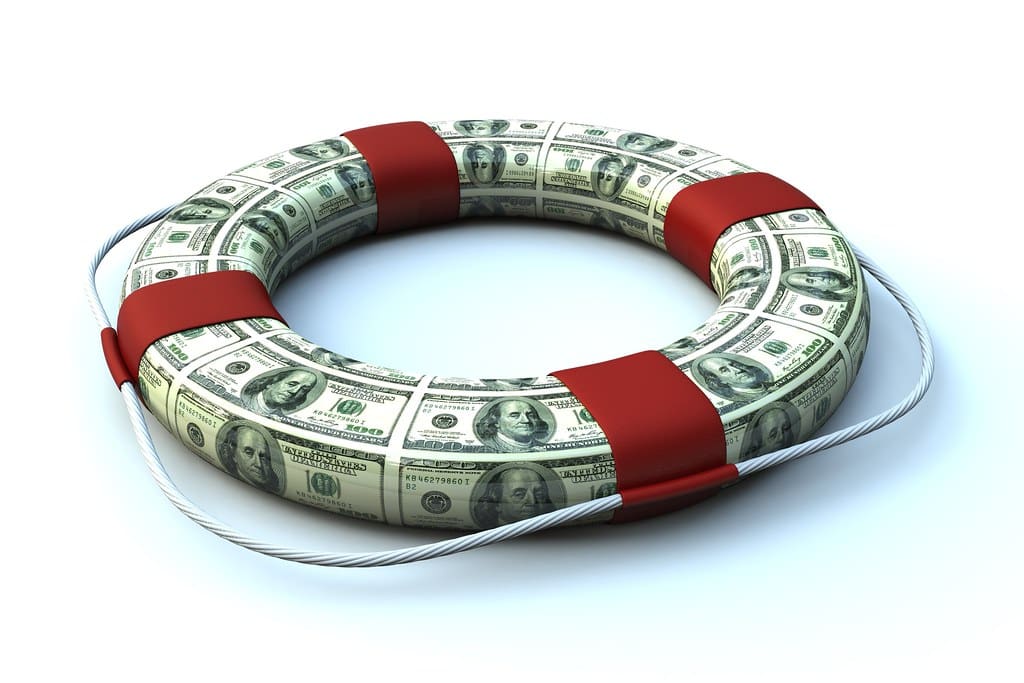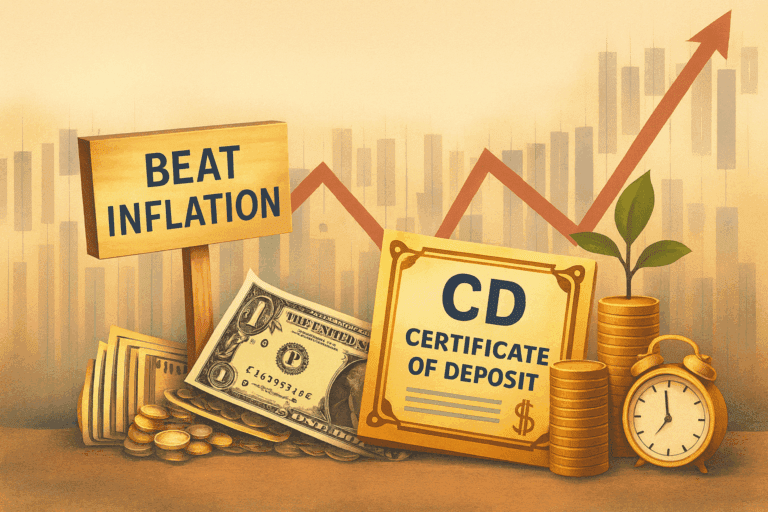By the time you reach your 30s, relationships, starting a family, and buying a home may become a priority. For the greatest success in these areas and moving forward, it’s important to avoid making these ten financial mistakes.
10. Not Planning for Retirement
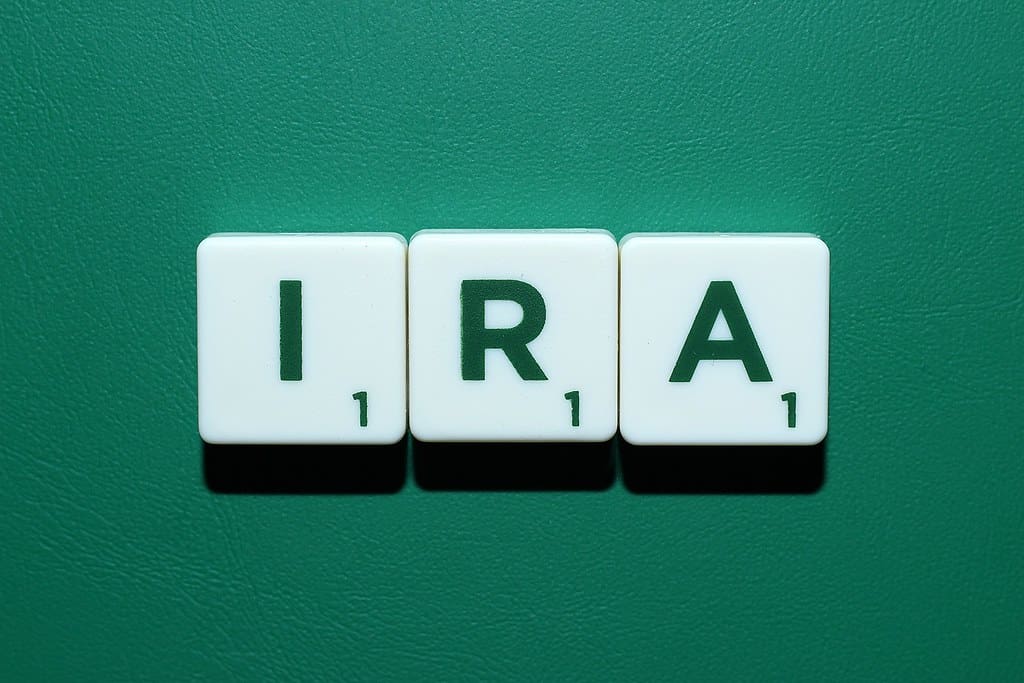
When you’re in your 30s, retirement is 35-40 years away and easy to ignore. But it’s crucial to start saving for retirement with a 401(k) or IRA early to accumulate compounding interest. Take advantage of employer contributions if available. A $1,000 investment and $100 monthly deposits at 7% interest over 35 years will balloon to $192,000 by age 65.
9. Not Diversifying Your Savings

Investing your savings and diversifying those amounts can pay big dividends by the time you reach retirement age. Besides dedicated savings such as a 401(k) or IRA and an emergency fund, place your other savings in investments such as CDs, bonds, mutual funds, and stocks. Spreading your investments around protects you should any single investment vehicle fail.
8. Not Doubling Down on Debt
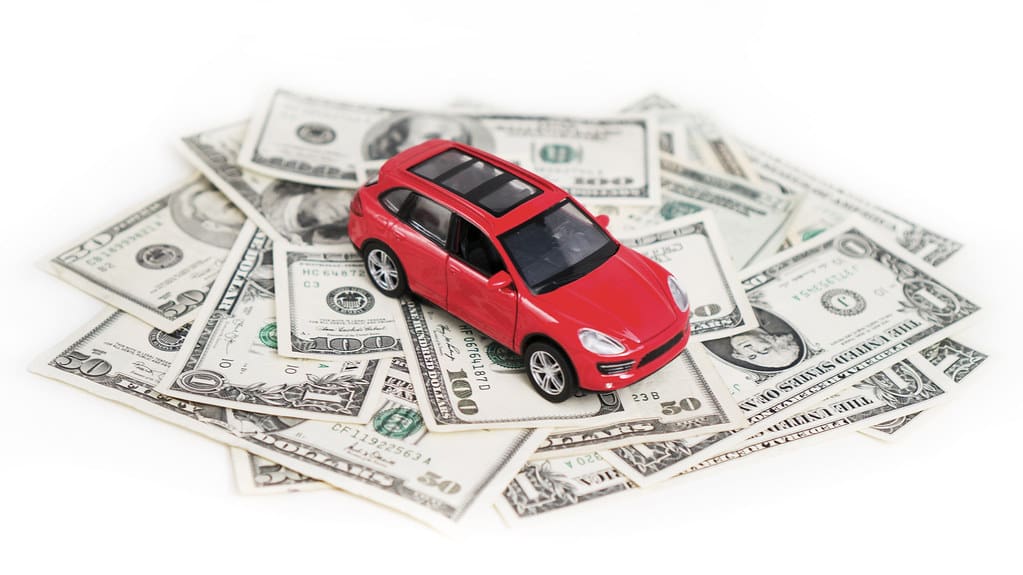
Few people can avoid using credit in life, such as a student loan or car loan. However, you can minimize the amount of money you have to lose in interest by prioritizing paying off your debt as quickly as possible. Always pay more than the minimum required amount. Payoff the debt with the highest interest first.
7. Becoming House Poor
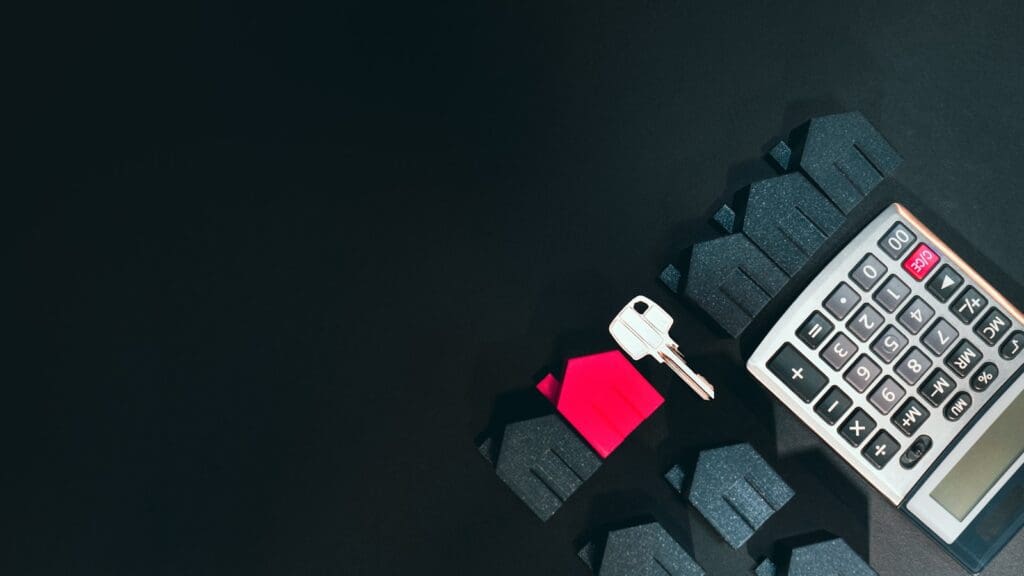
Buying a home is an excellent investment that builds wealth. However, the cost of home ownership also includes maintenance, repairs, property taxes, insurance, and sometimes HOA fees. If you put less than 20% down, you’ll have the additional required expense of PMI. Excessive housing expenses can prevent you from accumulating savings and force you to live bare-bones.
6. Being Under- or Uninsured
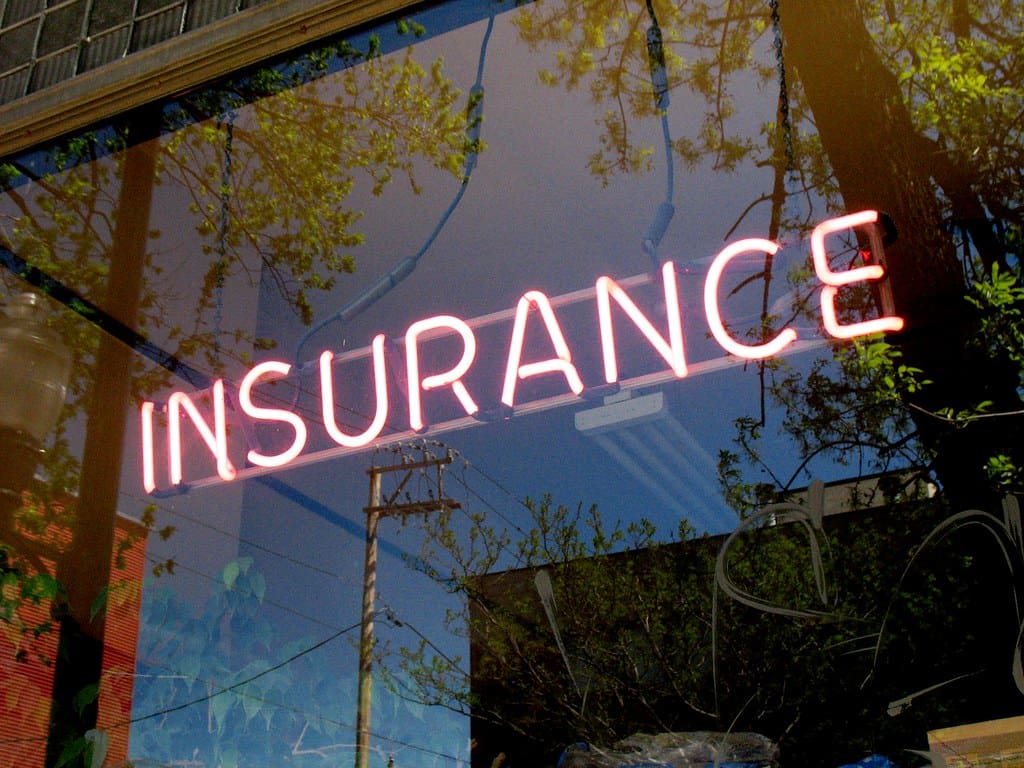
In your 30s, there are certain types of insurance that are essential: health, auto, and home or renter’s. If you’re married and/or have children, you need disability and life insurance. Being underinsured is also problematic. You may want to add an umbrella policy. If you have equipment vital to your work or business, you should ensure it also.
5. Avoiding Money Discussions

Whether it’s with your spouse, partner, or significant other, finances are never a fun topic. And if you’re engaged, no one wants to ruin the good vibes by talking about money. However, financial differences can be a huge problem in relationships — especially if discussed late. Finances are one of the leading reasons couples argue and can quickly lead to divorce.
4. Splurging on Your Firstborn
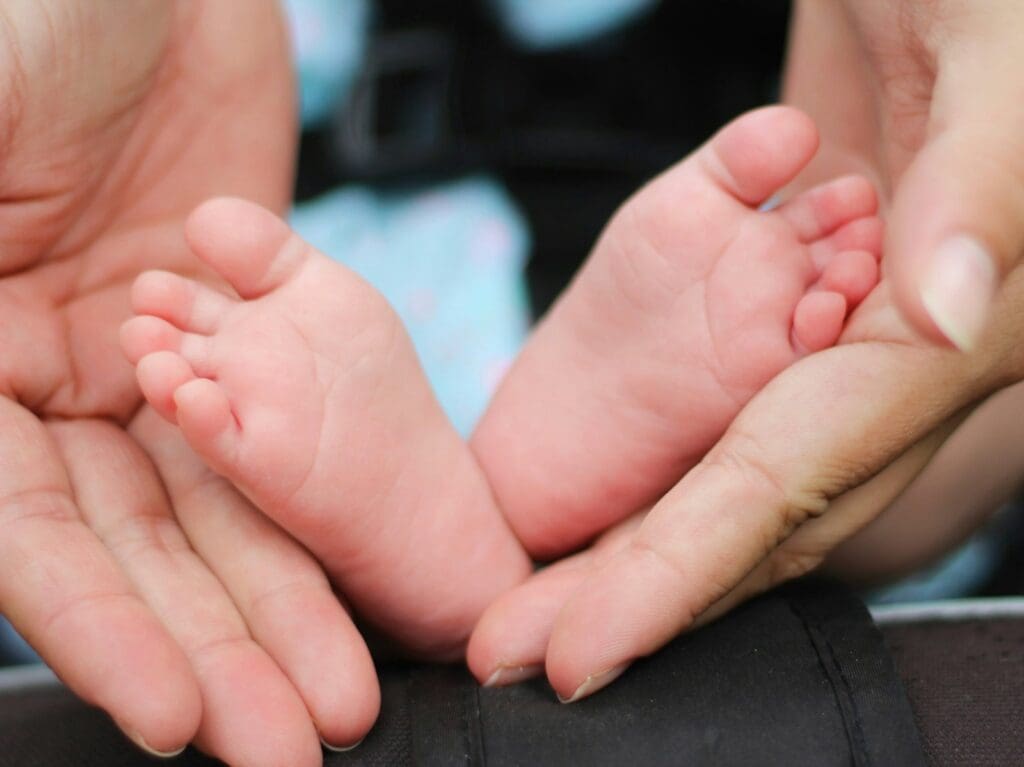
Every parent, especially first-time parents, wants their child to have the best of everything. But sometimes, that translates into a house full of top-of-the-line baby stuff that’s over the top. Those excessive expenses can add up quickly and rob your savings. Consider what’s absolutely essential and how long you’ll use them. Buy what your budget can handle.
3. Giving Into the Need for a New Car

A car loses 10% of its value the moment it’s driven off the lot. Many depreciate by 50% (or more) within five years. It’s wiser to drive your car as long as possible. Unless you’re spending more than $4,000 a year on parts and repairs, it’s cheaper than monthly payments. Pay off your car and put that money into savings.
Read More: 10 Money Habits That Millionaires Stick To
2. Not Viewing Your Career Long-Term
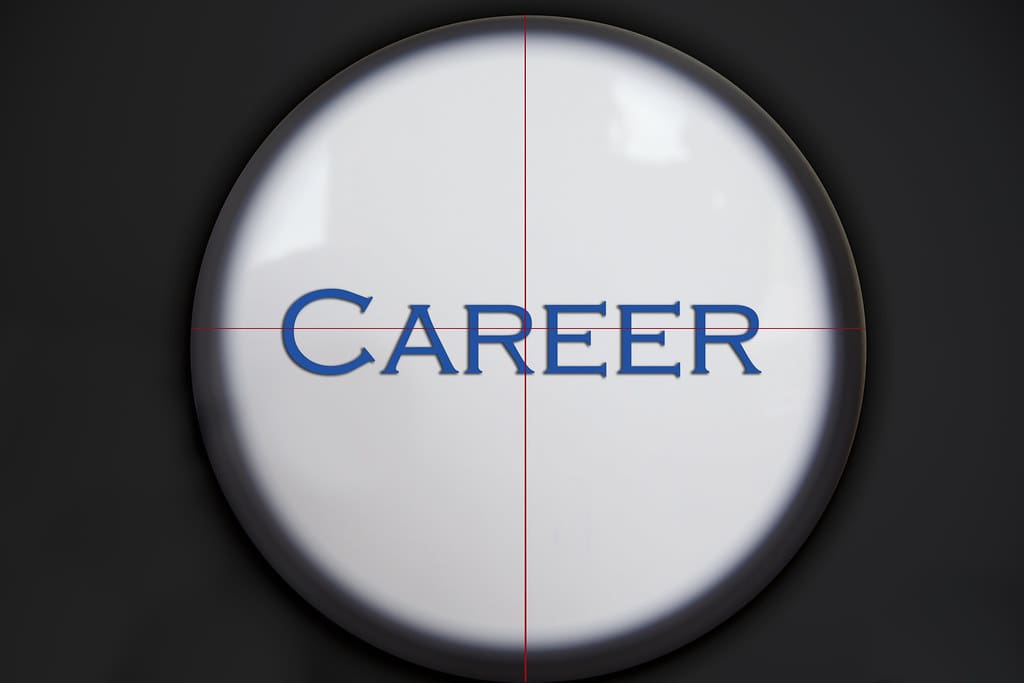
At age 30, you probably have more than ten years of work experience. If there are no long-term growth opportunities or you hate your job, now is the time to change. Most likely, you’ll be of more value to the competition and can negotiate more responsibility and a higher salary. Consider job benefits and how they’ll help you financially.
Read More: 20 Mistakes to Avoid When Buying Your First Home
1. Not Having an Emergency Fund
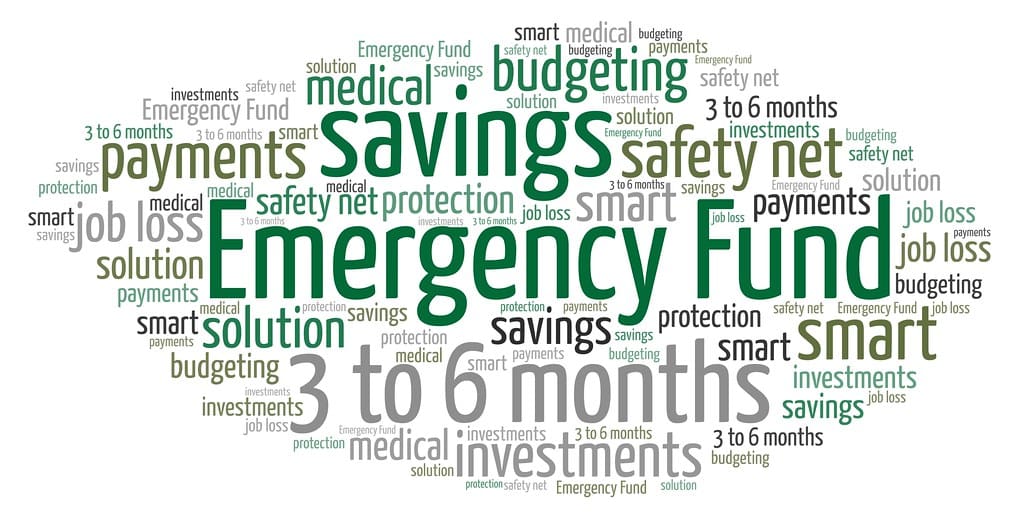
A job loss, home repair, an illness — any of these can be financially devastating. Experts recommend having a “rainy day” fund equal to six months’ worth of expenses. Ideally, it should be in its own dedicated savings account. It takes time to accumulate, so the sooner you start — the better. Create an automated monthly transfer to ensure you save.
Read More: Financial Lessons for Your 20s, 30s, 40s, and Beyond

